Mei-wa-ku. A word imbued with immense gravity. It is a weight that I’d like to toss from my arms and into yours. Let me explain.
My childhood was colored by my Ba-chan’s (grandmother’s) care and cuisine. As I trotted around as a toddler, she would spoon mouthfuls of ka-bo-cha (squash) into my mouth to ensure that I was nourished. And as eczema and allergies soured into red splotches on my face, she ceaselessly cradled me to health.
Still today, I indulge in the treasures of my tradition and the love of her labor. Every Tuesday and Friday night, I am immersed in the delicacies of Japanese cuisine. From miso soup to oden, I relish every bite of a culture that the diaspora has distanced me from.
And while she cooked and cleaned and put a 3 hour meal in front of me, she never once made me feel like I was Mei-wa-ku-ing. She never once made me feel like I was imposing. Mei-wa-ku means “to impose.”
Mei-wa-ku is the forbidden fruit of Japanese culture, but her love superseded the social norm.
Because when she smiled and asked if her meals were “Oi-shi-i” (yummy), I didn’t feel like a burden. I felt like a gift.
This is the beauty of the burden. As it is transferred from one shoulder onto the other, the greatest gesture of love is practiced.
In a society where we incessantly quantify our transactions, I remind you: you are not an imposition. Your being does not warrant the title of “burden.” We were made to love one another, to live with one another. And that means sharing the burdens that we carry, so that we can carry on and carry forward. This is our bond. This is our beauty.
So as I toss the beauty of the burden from my arms and into yours, step into your skin. Lean into your kin. Let them love you. And when you are ready, return the gift that was once given to you.




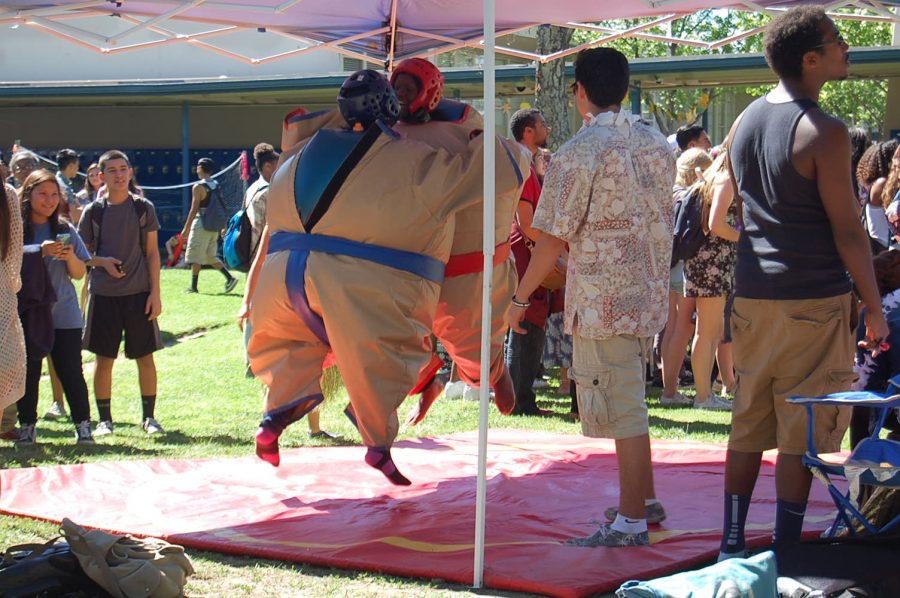





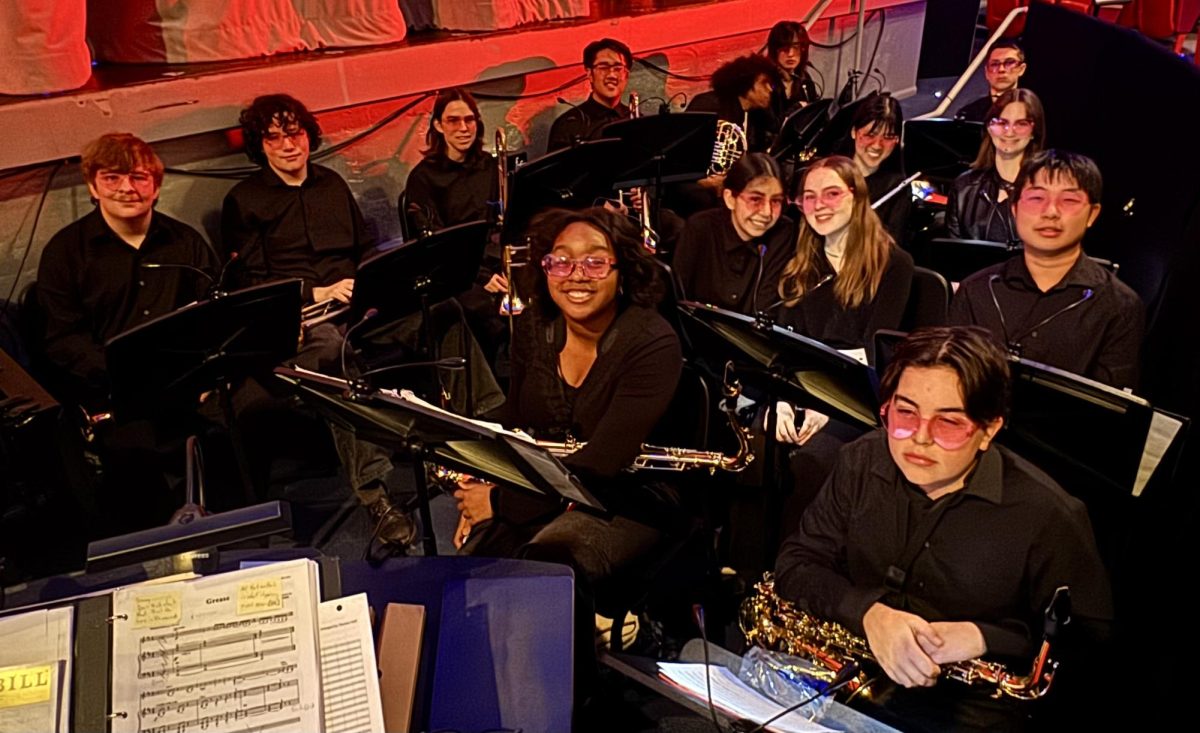







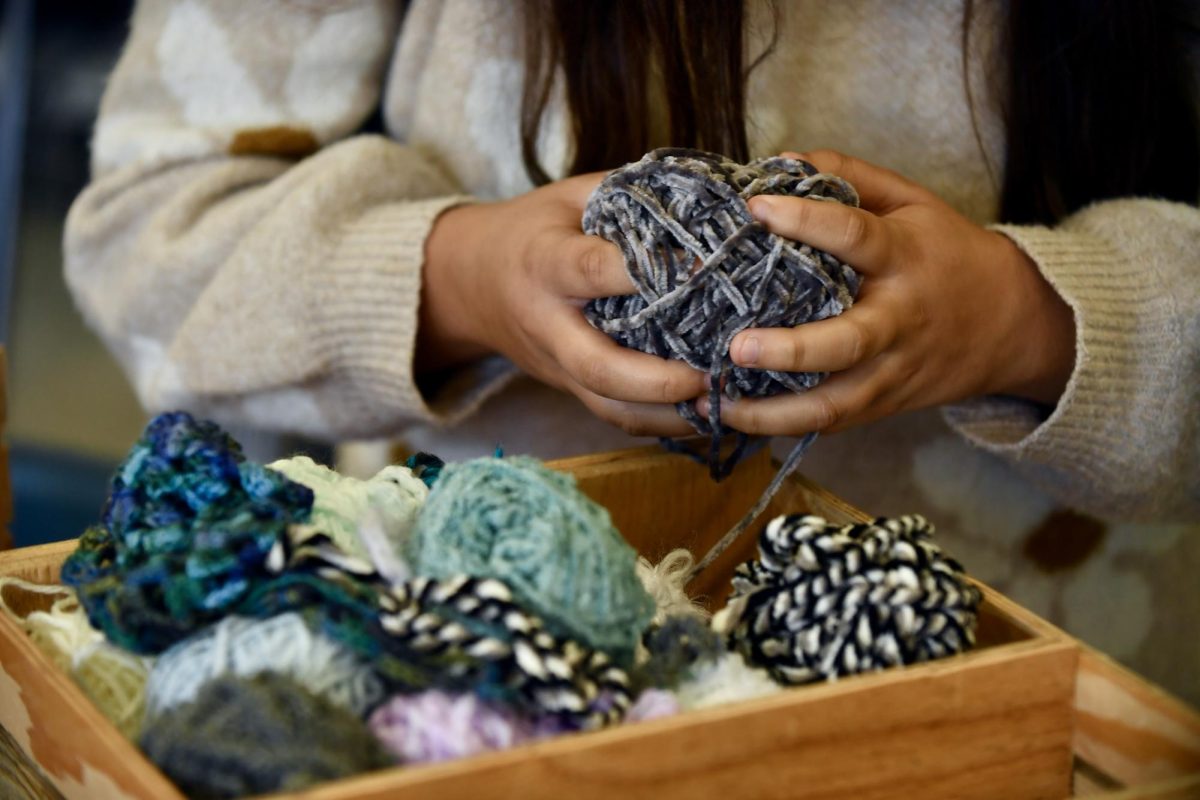









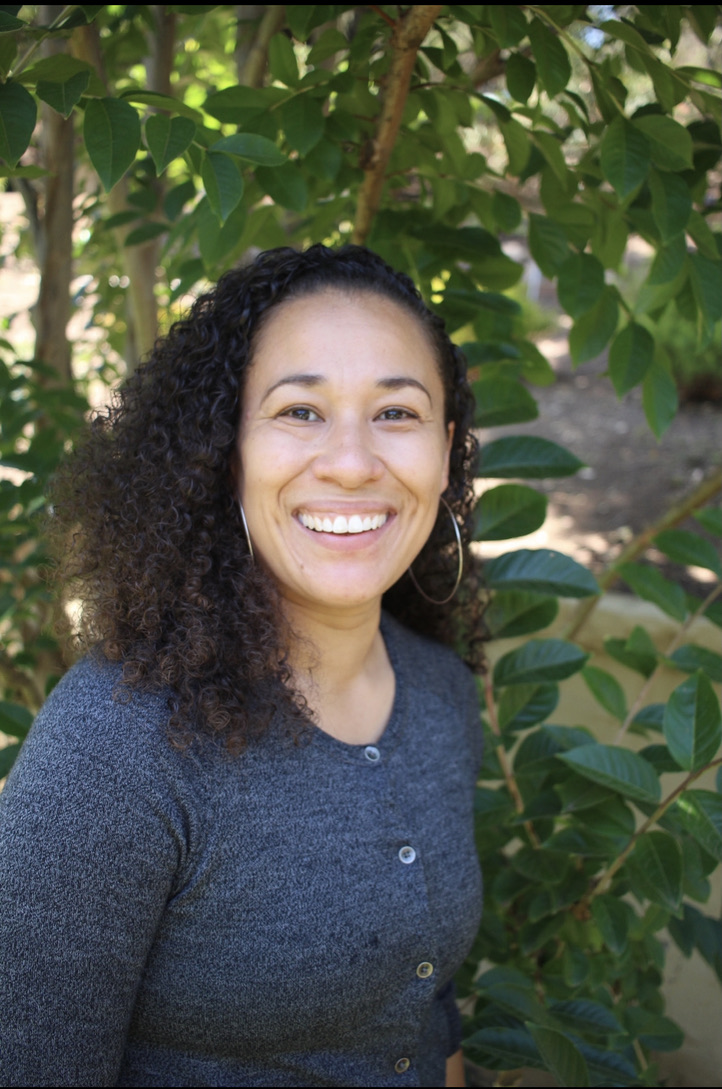



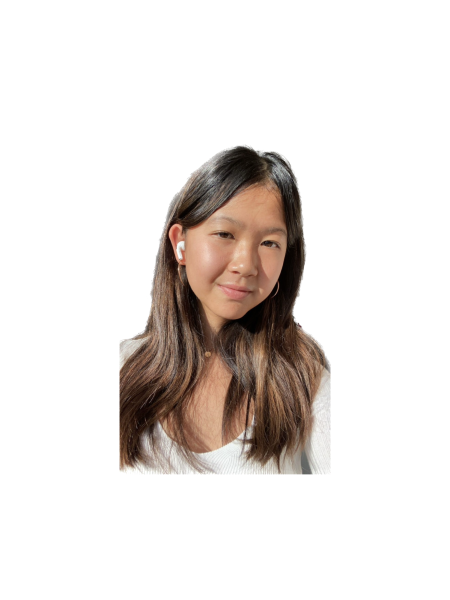
Catherine Grasso • Nov 2, 2023 at 1:41 am
wonderful article Emi- I would love her Miso soup recipe 🙂